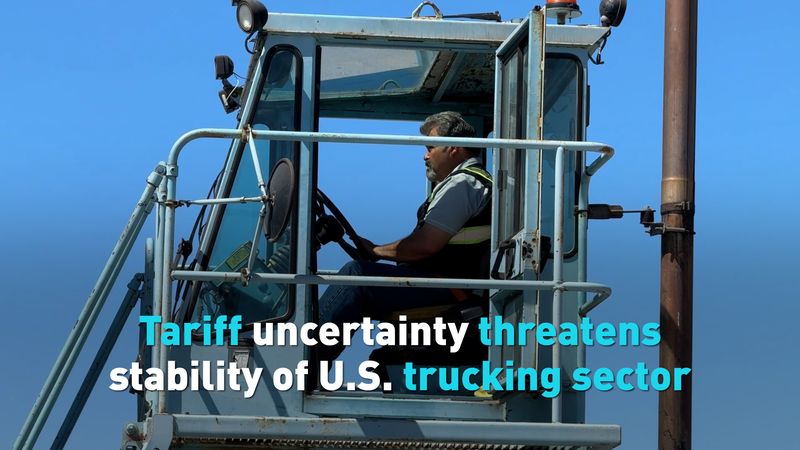Unpredictable tariff policies under the current administration are sending shockwaves through the U.S. trucking sector. At the Port of Los Angeles—where thousands of trucks move goods daily—companies and drivers are bracing for impact.
Cost Pressures Mount
Tariffs on imported materials feed directly into freight expenses. Carriers report higher operating costs as fees for handling foreign goods climb. For smaller trucking firms, razor-thin margins mean even minor cost hikes can be disruptive.
Drivers Feel the Strain
Longer wait times at docks translate to unpaid hours for drivers. With load volumes swinging unpredictably, many truckers face reduced mileage and fluctuating earnings. Increased terminal delays are cutting into take-home pay across the board.
Ripple Effect on Consumers and Businesses
When trucking slows, supply chains stall. Retailers may grapple with inventory gaps, and consumers could face higher prices or longer delivery windows. In an interconnected market, delays at the port ripple across industries—from electronics to groceries.
Seeking Stability
Industry groups are urging clear trade guidelines to maintain momentum in freight networks. Predictable policies help carriers plan routes, set rates, and keep goods moving efficiently.
Without a stable trade outlook, the trucking sector, often hailed as the backbone of U.S. commerce, may struggle to maintain its drive.
Reference(s):
Tariff uncertainty threatens stability of U.S. trucking sector
cgtn.com



